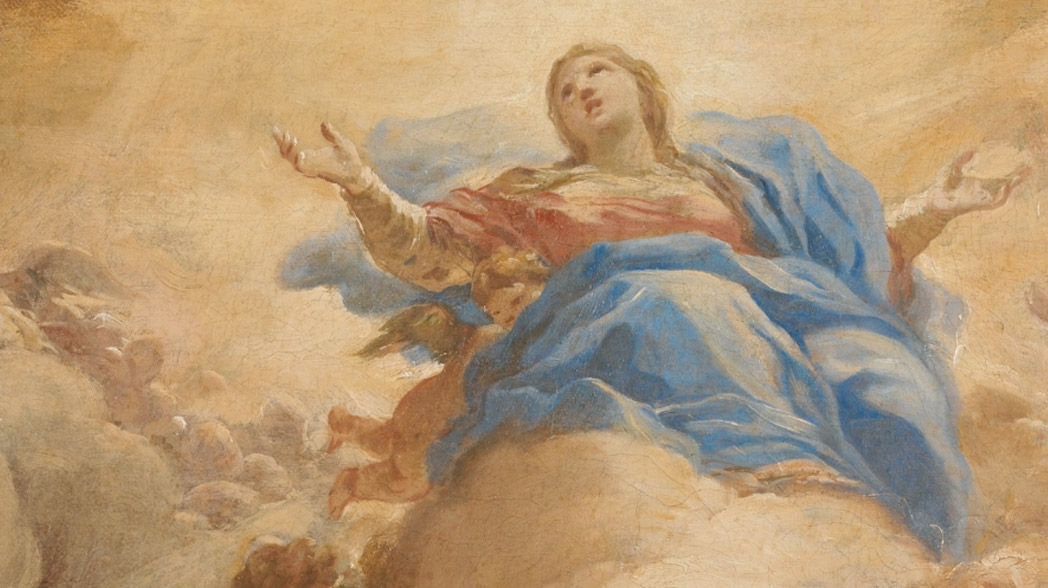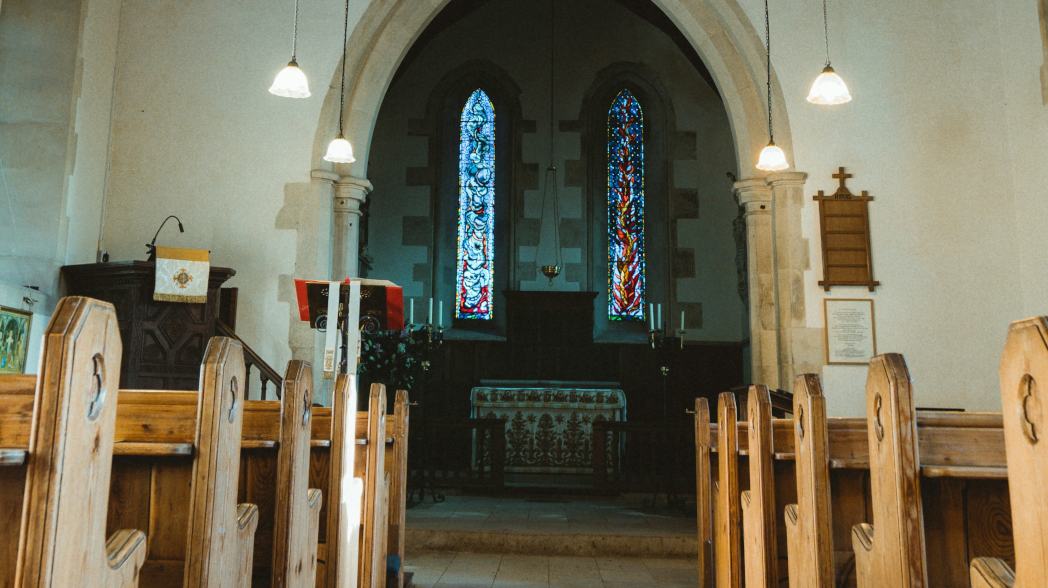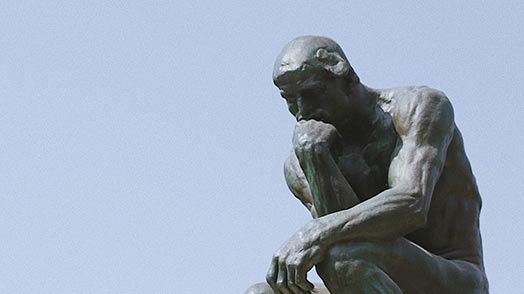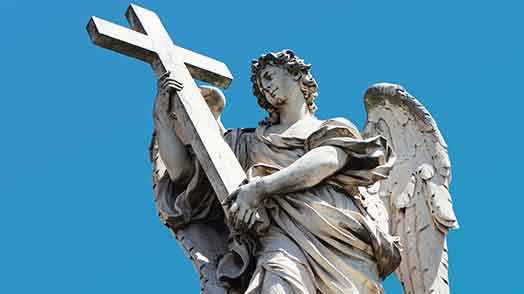By McLean Bennett, OFM Cap.
Major events in history are usually the culmination of a series of warning signs — signs that frequently have gone unheeded until it is too late.
That’s what was happening in Jerusalem at the time of Ezekiel, today’s prophet.
We’ve all heard about the “Babylonian exile” — a stretch of time when the people of Judah were taken out of Jerusalem and forced to live without their temple to God.
There were spiritual reasons for this exile, Ezekiel reminds us. People in Judah were worshiping idols and not God.
And this exile to Babylon did not begin all at once; it happened gradually. The Babylonians conquered Judah in a series of invasions, with Babylon only eventually taking over the Jewish kingdom, bit by bit.
Ezekiel was a victim of one of the first invasions, and so he began writing at a time when many of Judah’s citizens — but not all of them — were victims of war.
Importantly, the temple had not yet fallen in Jerusalem. But Ezekiel writes in warning about its impending destruction. That’s what today’s reading is all about.
Today’s first reading is filled with some doom and gloom — and Ezekiel wrote it that way on purpose. Jerusalem was guilty of serious sins against God, and therefore deserved its exile, Ezekiel is telling us.
But there are hints of hope and optimism in Ezekiel, too.
First, there is the promise of mercy for those marked with the “Thau,” or an x-shaped symbol, on their foreheads. This was the mark given in Ezekiel’s prophecy to those who had not participated in Judah’s idolatry, but who had wept over the condition of the temple.
Moreover, God’s departure from the temple and the city of Jerusalem is depicted in Ezekiel and elsewhere in the Old Testament as gradual — as if God was patiently waiting in hope to see whether the gathering storm clouds of exile would result in repentance.
And, if we were to keep reading from today’s section of Ezekiel, we’d see that shortly after today’s first reading, the prophet provides the assurance that the Babylonian exile will not last forever, but will end when God gathers together God’s people and brings them back to their homeland.
God has wounded his people, but will bind up again.
In a sense, that is also the message from the Gospel. The message from Jesus is all about repentance, a process that involves the relationship we have with others and with the church.
Sin and self-centeredness bring us outside of our communion with God, just as it brought about exile for the inhabitants of Jerusalem.
But this exile need not last forever. We can come back to God.
Today (and every day) represents another opportunity for our return to God. Jesus, who shows up every day on our altars, always offers the same invitation: Come back to him; come back to Jesus and find life and communion.









